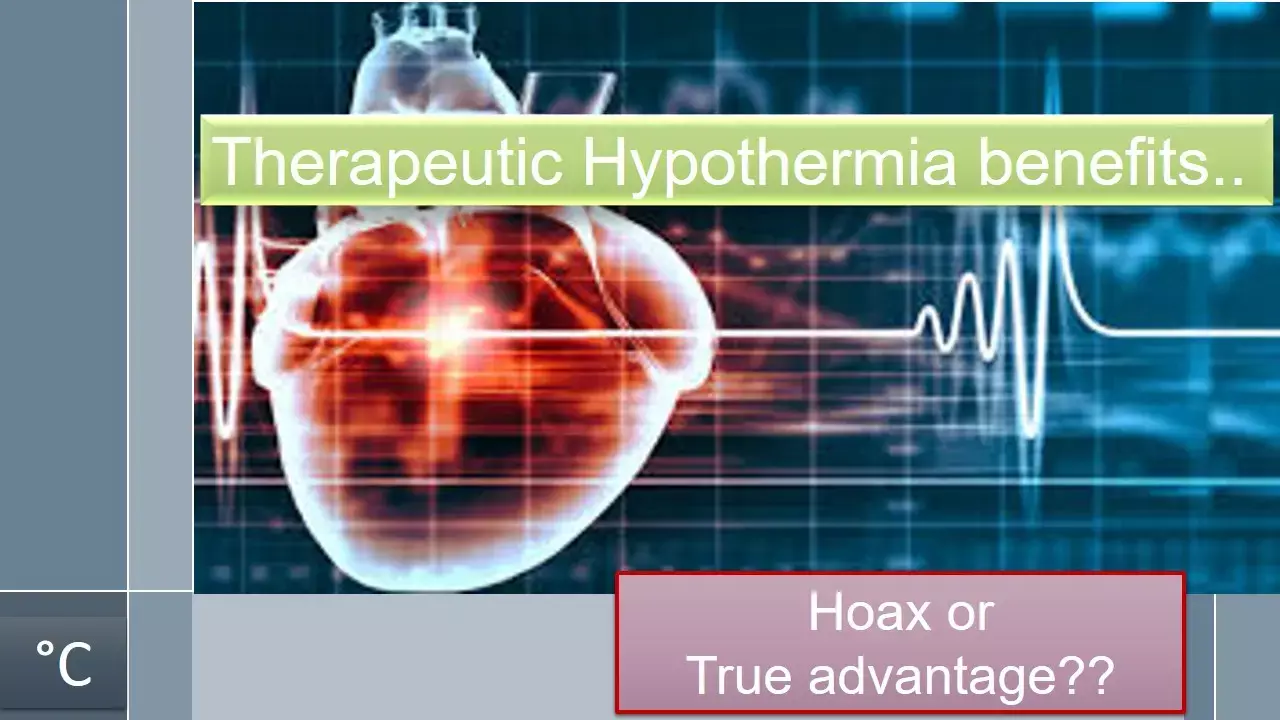- Home
- Medical news & Guidelines
- Anesthesiology
- Cardiology and CTVS
- Critical Care
- Dentistry
- Dermatology
- Diabetes and Endocrinology
- ENT
- Gastroenterology
- Medicine
- Nephrology
- Neurology
- Obstretics-Gynaecology
- Oncology
- Ophthalmology
- Orthopaedics
- Pediatrics-Neonatology
- Psychiatry
- Pulmonology
- Radiology
- Surgery
- Urology
- Laboratory Medicine
- Diet
- Nursing
- Paramedical
- Physiotherapy
- Health news
- Fact Check
- Bone Health Fact Check
- Brain Health Fact Check
- Cancer Related Fact Check
- Child Care Fact Check
- Dental and oral health fact check
- Diabetes and metabolic health fact check
- Diet and Nutrition Fact Check
- Eye and ENT Care Fact Check
- Fitness fact check
- Gut health fact check
- Heart health fact check
- Kidney health fact check
- Medical education fact check
- Men's health fact check
- Respiratory fact check
- Skin and hair care fact check
- Vaccine and Immunization fact check
- Women's health fact check
- AYUSH
- State News
- Andaman and Nicobar Islands
- Andhra Pradesh
- Arunachal Pradesh
- Assam
- Bihar
- Chandigarh
- Chattisgarh
- Dadra and Nagar Haveli
- Daman and Diu
- Delhi
- Goa
- Gujarat
- Haryana
- Himachal Pradesh
- Jammu & Kashmir
- Jharkhand
- Karnataka
- Kerala
- Ladakh
- Lakshadweep
- Madhya Pradesh
- Maharashtra
- Manipur
- Meghalaya
- Mizoram
- Nagaland
- Odisha
- Puducherry
- Punjab
- Rajasthan
- Sikkim
- Tamil Nadu
- Telangana
- Tripura
- Uttar Pradesh
- Uttrakhand
- West Bengal
- Medical Education
- Industry
Targeted hypothermia as good as normothermia in reducing mortality among cardiac arrest survivors: NEJM

Targeted temperature management is recommended for patients after cardiac arrest, but the supporting evidence is of low certainty. Last month results from the CAPITAL-CHILL trial (presented at ACC 2021) suggested no additional benefit of achieving hypothermia at 31°C rather than the usual 34°C for improving survival among cardiac arrest victims. The surprising results from TTM2 trial now show that targeted hypothermia (34°C) doesnot lower mortality even in comparison to targeted normothermia (37.5°C). The trial results were published this week in NEJM.
Although guidelines strongly recommend targeted temperature management with a constant target between 32°C and 36°C, they also state that the overall evidence is of low certainty.
Targeted Hypothermia versus Targeted Normothermia after Out-of-Hospital Cardiac Arrest (TTM2) trial was planned to assess the beneficial and harmful effects of hypothermia as compared with normothermia and early treatment of fever (including the use of acetaminophen) in patients after cardiac arrest.
Nineteen hundred adults with coma who had had an out-of-hospital cardiac arrest of presumed cardiac or unknown cause to undergo targeted hypothermia at 33°C, followed by controlled rewarming, or targeted normothermia with early treatment of fever (body temperature, ≥37.8°C). The primary outcome was death from any cause at 6 months. Secondary outcomes included functional outcome at 6 months as assessed with the modified Rankin scale.
Carefully designed targeted temperature management protocols involved the use of surface or intravascular temperature-management devices in both assigned groups, as well as standard care for patients who had had cardiac arrest.
1. There was no significant difference in survival at 6 months with hypothermia (33°C target), as compared with normothermia (≤37.5°C) (both groups reported a survival of approx. 50%).
2. 55% in each group had moderately severe disability or worse (modified Rankin scale score ≥4).
3. Arrhythmia resulting in hemodynamic compromise was more common in the hypothermia group than in the normothermia group. Other adverse effects were similar in both groups.
Do these results suggest that the deliberate care bundles involved in targeted temperature management, as guided by the protocol, are not needed?
This would be a misinterpretation trial findings. 46% of the patients in the normothermia group received cooling with a temperature management device (31% with an intravascular device and 69% with a surface device).
These findings underscore the need for close temperature monitoring, pharmacotherapy, and device cooling in keeping with a targeted temperature management protocol, regardless of the target temperature.
The overall survival at 6 months among patients who had had out-of-hospital cardiac arrest was approximately 50%. This is a remarkable achievement as compared with the historical value of approximately 25%, and it may be attributed to advances in critical care, the implementation of targeted temperature management, and a uniform approach to neurologic prognostication.
The key take-away message is that post cardiac arrest care should be personalised. Although the target temperature may vary for each patient but achieving a particular "Target temperature" is essential using pharmacotherapy, device cooling, and timely neurologic prognostication.
"The target temperature, at the discretion of the clinician, could be 33°C, 36°C, or 37.5°C or less", conclude Morrison et al in an accompanying editorial.
Source: NEJM: DOI: 10.1056/NEJMe2106969
MBBS, MD , DM Cardiology
Dr Abhimanyu Uppal completed his M. B. B. S and M. D. in internal medicine from the SMS Medical College in Jaipur. He got selected for D. M. Cardiology course in the prestigious G. B. Pant Institute, New Delhi in 2017. After completing his D. M. Degree he continues to work as Post DM senior resident in G. B. pant hospital. He is actively involved in various research activities of the department and has assisted and performed a multitude of cardiac procedures under the guidance of esteemed faculty of this Institute. He can be contacted at editorial@medicaldialogues.in.
Dr Kamal Kant Kohli-MBBS, DTCD- a chest specialist with more than 30 years of practice and a flair for writing clinical articles, Dr Kamal Kant Kohli joined Medical Dialogues as a Chief Editor of Medical News. Besides writing articles, as an editor, he proofreads and verifies all the medical content published on Medical Dialogues including those coming from journals, studies,medical conferences,guidelines etc. Email: drkohli@medicaldialogues.in. Contact no. 011-43720751


